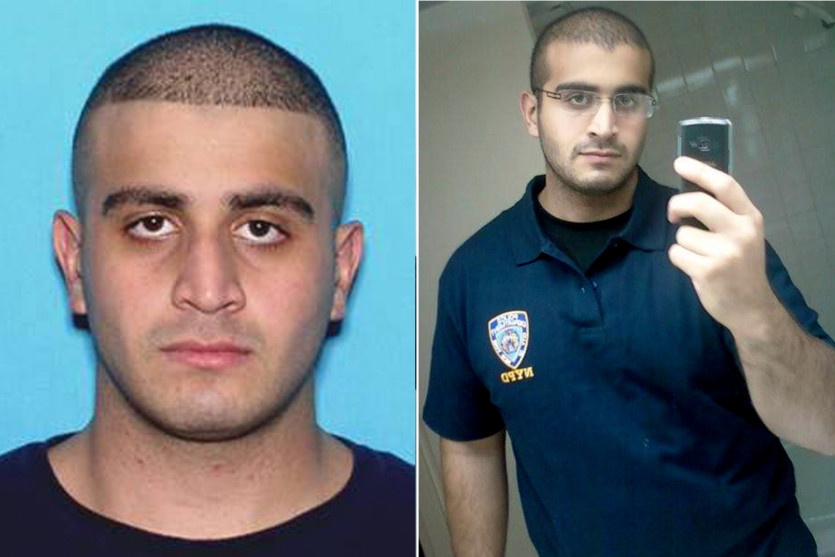Omar Mateen pledged his loyalty to ISIS before committing worst mass shooting in US history
Omar Mateen selfie from My Space.
The suspected shooter Omar Mateen who killed Sunday at least 50 people at the Pulse gay nightclub and wounded 53 more in Orlando i had made a 911 call 20 minutes into the shooting, pledging his loyalty to ISIS
Mateen, 29, also was a target by federal terrorism agents, but had no apparent criminal history. He was born to Afghan parents in New York in 1986, and moved to Port St. Lucie, Fla. Mateen opened fire on dozens of patrons of the Pulse nightclub, using an assault weapon, police said.
Eleven police officers engaged in gunfire with Mateen and killed the suspect, police said.
President Barack Obama called it an act of terrorism, but fell short of blaming the deadly killing on ISIS. “He is a person filled with hatred,” Obama said.
California Rep. Adam Schiff, the senior Democrat on the House Permanent Select Committee on Intelligence, told CNN that he made a “pledge of allegiance to ISIS.”
“The fact that this shooting took place during Ramadan and that ISIS leadership in Raqqa has been urging attacks during this time, that the target was an LGBT nightclub during (LGBT) Pride (month) and, if accurate, that according to local law enforcement the shooter declared his allegiance to ISIS, indicates an ISIS-inspired act of terrorism,” Schiff said.
Mateen’s father said his son was upset when he saw two gay men kissing.
Sen. Bill Nelson (D-Fla.) said there “appears to be” a link to Islamic radicalism and ISIS, according to intelligence information.
“I asked the FBI if there was any connection to Islamic radicalism. There appears to be,” Nelson told media outlets. “But they are naturally cautious and waiting throughout to see if if this is, facts emerge.”
Mateen was licensed to work as an armed security guard in the state of Florida, federal law enforcement sources said. How he passed a background check when he reportedly was on a FBI watch list is unclear.

Baltimore Post-Examiner is run by a creative cadre of dedicated journalists – some who worked at the Washington Post, Baltimore Examiner and other regional and national publications. It’s the Post-Examiner because we love the play on the word “Post” but we are also hoping to answer that question: What’s next after newspapers? We see a lot of websites come and go – and many simply are not making it for various reasons. We have been a model of success since we launched in 2012 with “a little bit of everything” and we aim to continue to break that cycle of websites coming and going.

